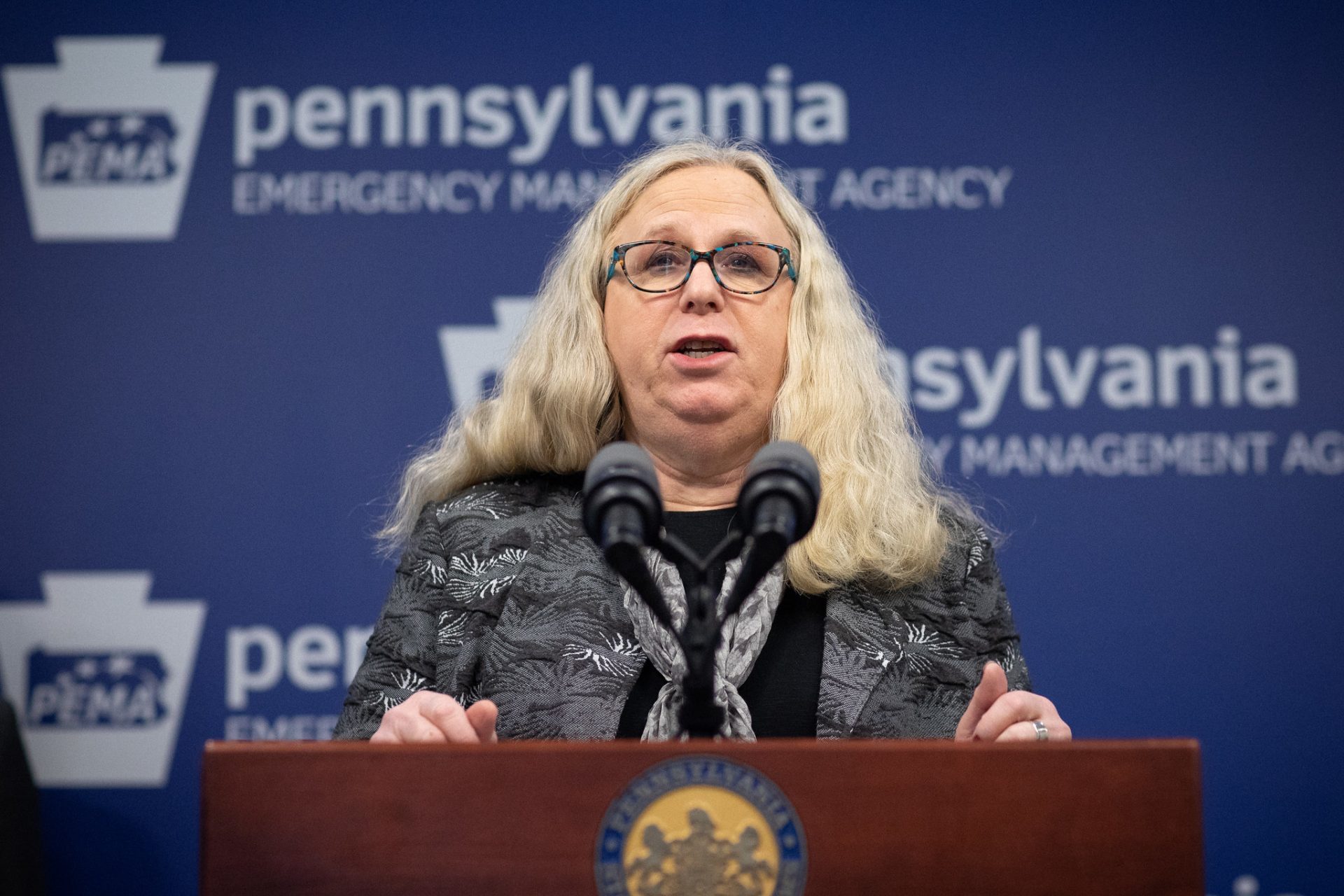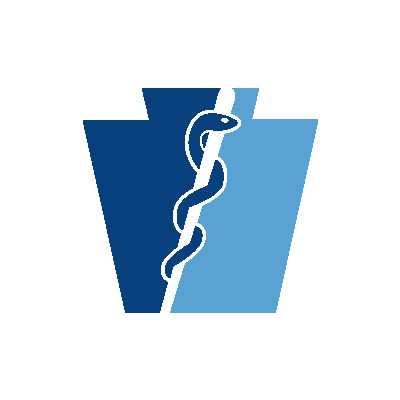Harrisburg, Pa. – Secretary of State Kathy Boockvar today urged Pennsylvanians who plan to vote by mail in the Nov. 3 election to complete and return their mail ballot over the weekend.
“This weekend is the perfect time to fill out and return your mail ballot well ahead of the deadline,” Secretary Boockvar said. “I want every Pennsylvanian to feel confident that their vote will be counted, and their voice will be heard.”
Secretary of Boockvar also reminded voters that, for their ballot to count, they must enclose it first in the white inner secrecy envelope and then insert that envelope in the outer pre-printed return envelope and seal it. And they must sign and complete the voter’s declaration on the outer envelope. Both envelopes are necessary regardless of whether you are mailing your ballot or dropping it in a drop box or at another other authorized location.
Voters must return their mail ballot by the deadline of 8 p.m. Nov. 3. Ballots can be hand-delivered to county election offices or other designated locations or mailed. If returning their ballot by mail, voters should do so immediately. The Department of State urges voters to return their ballot as soon as possible to ensure timely arrival.
“Although mail ballot voters have until election day to deliver their ballots, I highly encourage everyone to not wait and to return their ballot today or well in advance of Nov. 3 so there is no question that their ballot will be received in time,” Secretary Boockvar said.
Some county election boards have opened satellite offices to offer county residents added convenience. These satellite locations may be open additional hours, including weeknights and weekends. Each satellite location has a secure ballot receptacle to store voted mail-in and absentee ballots submitted at the location.
In addition, some counties have set up secure drop boxes at convenient locations where voters can return their mail ballot.
For more information on voting and elections in Pennsylvania, call the Department of State’s toll-free hotline at 1-877-VOTESPA (1-877-868-3772) or visit votesPA.com.









